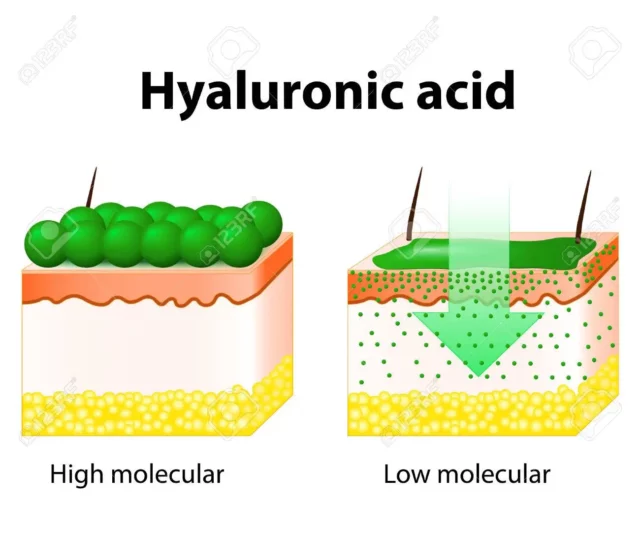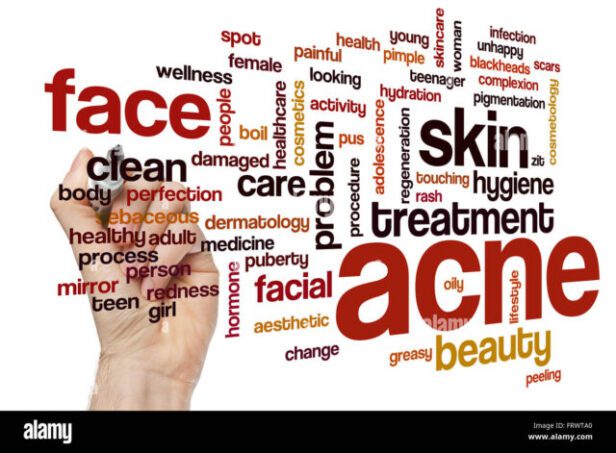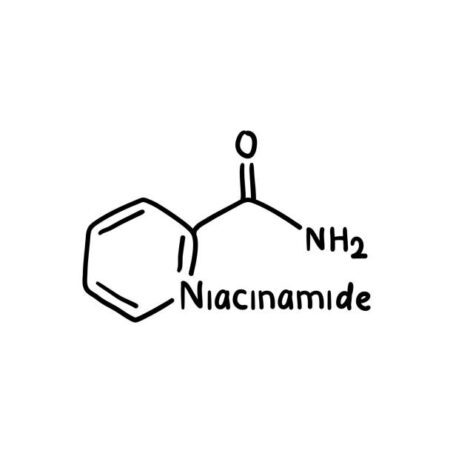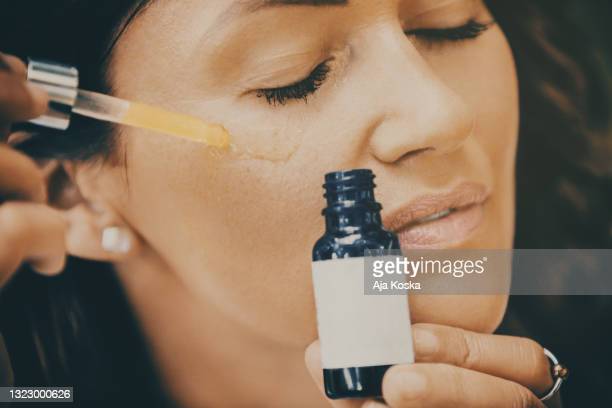The world of skincare is constantly evolving, and there seems to be an endless array of products and ingredients to choose from. Skincare acids are chemical compounds that can help exfoliate, brighten, and improve the texture and tone of one’s skin. In a short while, we shall explore the different types of skincare acids, how they work, and which ones are best for different skin types.
Types of Skincare Acids:
Alpha-Hydroxy Acids (AHAs):
Alpha-Hydroxy Acids, or AHAs, are a group of acids derived from fruits and milk. The most common types of AHAs used in skincare products are glycolic acid, lactic acid, and mandelic acid. AHAs work by dissolving the glue-like substance that holds dead skin cells together, allowing them to be easily sloughed off. This makes AHAs excellent exfoliants and can help improve skin appearance. AHAs are also known to stimulate collagen production.
Beta-Hydroxy Acids (BHAs):
Beta-Hydroxy Acids, or BHAs, are a group of acids that are oil-soluble. This makes them excellent for penetrating deep into the pores and exfoliating the inside of the pore lining. The most common type of BHA used in skincare products is salicylic acid. Salicylic acid is particularly effective at treating acne, it can also help to unclog pores and reduce inflammation.
Polyhydroxy Acids (PHAs):
Polyhydroxy Acids, or PHAs, are a group of acids that are similar to AHAs but have a larger molecular size. This means that they are gentler on the skin and less likely to cause irritation. PHAs work by exfoliating the surface of the skin, similar to AHAs, but they also have a hydrating effect on the skin. This makes them an excellent choice for those with sensitive or dry skin.
Ascorbic Acid (Vitamin C):
Ascorbic acid, or Vitamin C, is a water-soluble vitamin that is essential for the growth and repair of tissues in the body. When applied topically, it can help brighten the skin and reduce the appearance of dark spots and hyperpigmentation. Vitamin C is also a potent antioxidant, which means it can help protect the skin from free radicals and environmental damage.
Hyaluronic Acid:
Hyaluronic acid is naturally found in the body. It helps keep the skin hydrated and plump. When applied topically, it can help improve the skin’s moisture content thereby hydrating the skin. Hyaluronic acid is also excellent for soothing and calming the skin, making it an excellent choice for those with sensitive skin.
Retinoids:
Retinoids are a group of compounds derived from Vitamin A that are commonly used in skincare products to treat a wide range of skin concerns, including acne, fine lines, wrinkles, and hyperpigmentation. Retinoids work by stimulating collagen production and increasing cell turnover. However, retinoids can be irritating to the skin, so it’s important to start slowly and build up tolerance over time.
How Skincare Acids Work:
Skincare acids work by breaking down the bonds between dead skin cells, allowing them to be easily removed from the surface of the skin. This process is called exfoliation and is essential for maintaining healthy, radiant skin. Skincare acids can also help stimulate collagen production and additionally, some skincare acids, such as Vitamin C and hyaluronic acid, have hydrating and antioxidant properties, which can help protect and nourish the skin.
It’s important to note that not all skincare acids are created equal, and some can be more irritating than others. AHAs and BHAs are generally more potent and can cause more irritation, especially if used too frequently or in high concentrations. PHAs, on the other hand, are gentler and less likely to cause irritation, making them a good choice for those with sensitive skin.
When incorporating skincare acids into your routine, it’s important to start slowly and build up tolerance over time. Begin by using products with lower concentrations of acids and gradually increase as your skin adjusts. It’s also important to use sunscreen daily when using skincare acids, as they can make the skin more sensitive to the sun.
Choosing the Right Skincare Acid for Your Skin Type:
Before choosing any skincare acid, it’s important to be familiar with your skin type and concerns. Here are some general guidelines:
For oily skin: BHAs, such as salicylic acid, are a good choice as they can help unclog pores and reduce inflammation.
For dry or sensitive skin: PHAs, such as gluconolactone, are a good choice as they are gentler and have a hydrating effect on the skin.
For aging skin: AHAs, such as glycolic acid and lactic acid, are a good choice as they can help improve the skin texture and skin tone whilst stimulating collagen production.
For dull or uneven skin tone: Vitamin C, or ascorbic acid, is a good choice as it can help with skin brightening and improve the appearance of dark spots and hyperpigmentation.
For dehydrated skin: Hyaluronic acid is a good choice as it can help improve the skin’s moisture content and improving skin texture.
Conclusion:
Skincare acids can be a powerful tool for improving the texture, tone, and overall health of your skin. From AHAs and BHAs to PHAs, Vitamin C, and hyaluronic acid, there are a variety of acids to choose from depending on your skin type and concerns. When incorporating skincare acids into your routine, it’s important to start slowly, build up tolerance over time, and always use sunscreen to protect your skin. With the right skincare acids, you can achieve a glowing, radiant complexion.




